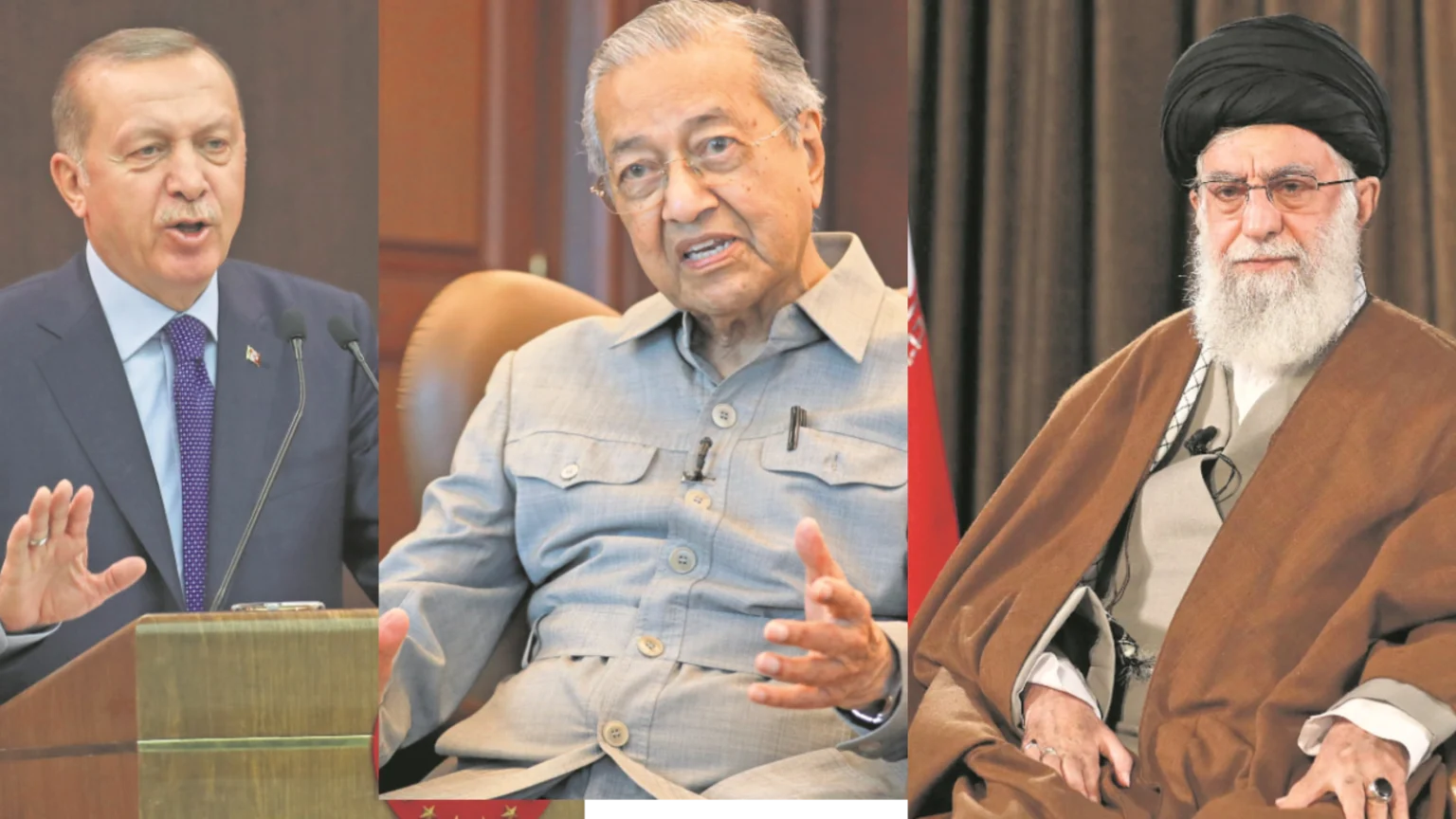Malaysia’s Prime Minister Challenges Saudi and Turkey’s Leadership in Muslim World
Malaysia’s Prime Minister, Datuk Seri Anwar Ibrahim, has stirred debate by addressing a sensitive question: Who leads the Muslim world? His comments, which acknowledge the influence of Saudi Arabia and Turkey, highlight a growing conversation about the role of different Muslim-majority nations in shaping global Islamic affairs.
In recent years, Saudi Arabia, led by Crown Prince Mohammed bin Salman (MBS), and Turkey, under President Recep Tayyip Erdoğan, have both sought to assert their dominance in the Muslim world. Both nations hold significant geopolitical and religious influence, but their leadership styles and ambitions differ greatly.
Anwar Ibrahim’s statement, which subtly leans towards one side, could shift regional alliances and add another layer to the ongoing competition for influence.
Anwar Ibrahim’s Perspective on Muslim Leadership
Anwar Ibrahim has long been an advocate for Islamic unity, economic development, and strategic diplomacy. His recent remarks suggest that the Muslim world needs a clear and effective leader to navigate global challenges, but he also cautions against division that could weaken the community.
During an address in October 2024, Anwar emphasized:
“Muslims must understand the meaning of unity and avoid confusion and division. Otherwise, we become vulnerable to external manipulation.”
This statement underscores a larger concern—the growing fractures among Muslim nations due to ideological differences, political ambitions, and international influences.
Malaysia, though not a dominant power like Saudi Arabia or Turkey, has often positioned itself as a moderate Islamic nation, promoting diplomacy and economic cooperation over political interventions.
Anwar’s focus on economic growth, halal industry leadership, and inter-Muslim collaboration suggests he sees leadership in the Muslim world not just in military or religious terms but in economic and social strength.
Saudi Arabia’s Position: The Religious and Economic Giant
Saudi Arabia has traditionally been seen as the spiritual leader of the Muslim world, given its custodianship of Islam’s two holiest sites—Mecca and Medina. The kingdom has used this religious status to influence Muslim-majority nations for decades.
Under Crown Prince Mohammed bin Salman (MBS), Saudi Arabia has taken a different path. MBS has transformed the nation’s global role, shifting from strict religious leadership to a more economically and politically strategic powerhouse.
Key moves include:
- Economic Vision 2030 – Aimed at reducing Saudi dependence on oil by investing in tourism, technology, and global business.
- Regional Peacemaking Efforts – Involvement in Ukraine peace talks and Gaza conflict mediation, portraying itself as a global diplomatic force.
- Military and Strategic Alliances – Continued arms deals with the West, while also engaging in discussions with emerging powers like China and Russia.
Despite these changes, Saudi Arabia still faces challenges in its leadership claims, particularly due to human rights criticisms, its handling of the Yemen war, and regional rivalries.
Recently, Saudi Arabia has been leading discussions among Arab states to determine the future of Gaza, aiming to present itself as the main Arab voice on Palestine—a title that Turkey has aggressively challenged.
Turkey’s Role: The Rising Regional Challenger
Turkey, under President Recep Tayyip Erdoğan, has positioned itself as an alternative leader to Saudi Arabia, leveraging both historical influence and modern geopolitical power.
Unlike Saudi Arabia, which primarily relies on religious authority, Turkey projects power through military, strategic interventions, and alliances with diverse global players.
Key moves include:
- Support for Palestine – Turkey has been among the most vocal critics of Israel, positioning itself as a leading advocate for Muslim solidarity on the Palestinian issue.
- Military Influence – Turkish military bases and operations stretch from Syria to Libya and the Caucasus, reinforcing its image as a protector of Muslim interests.
- Neo-Ottoman Diplomacy – Erdoğan frequently references the Ottoman Empire’s legacy, implying Turkey has a historical right to lead the Muslim world.
Do follow gulf magazine on Instagram
for more information click here



